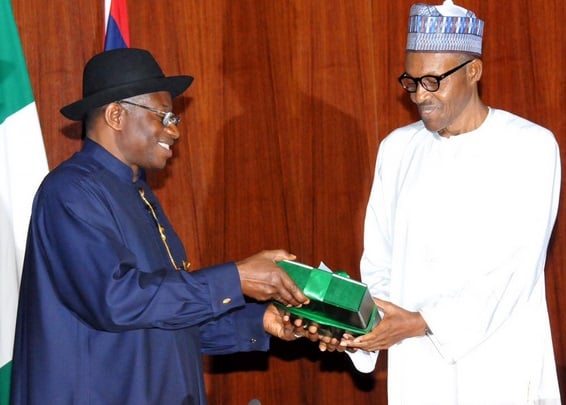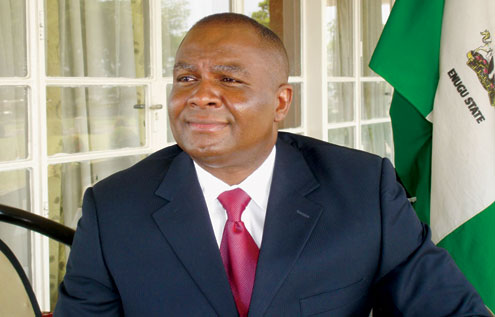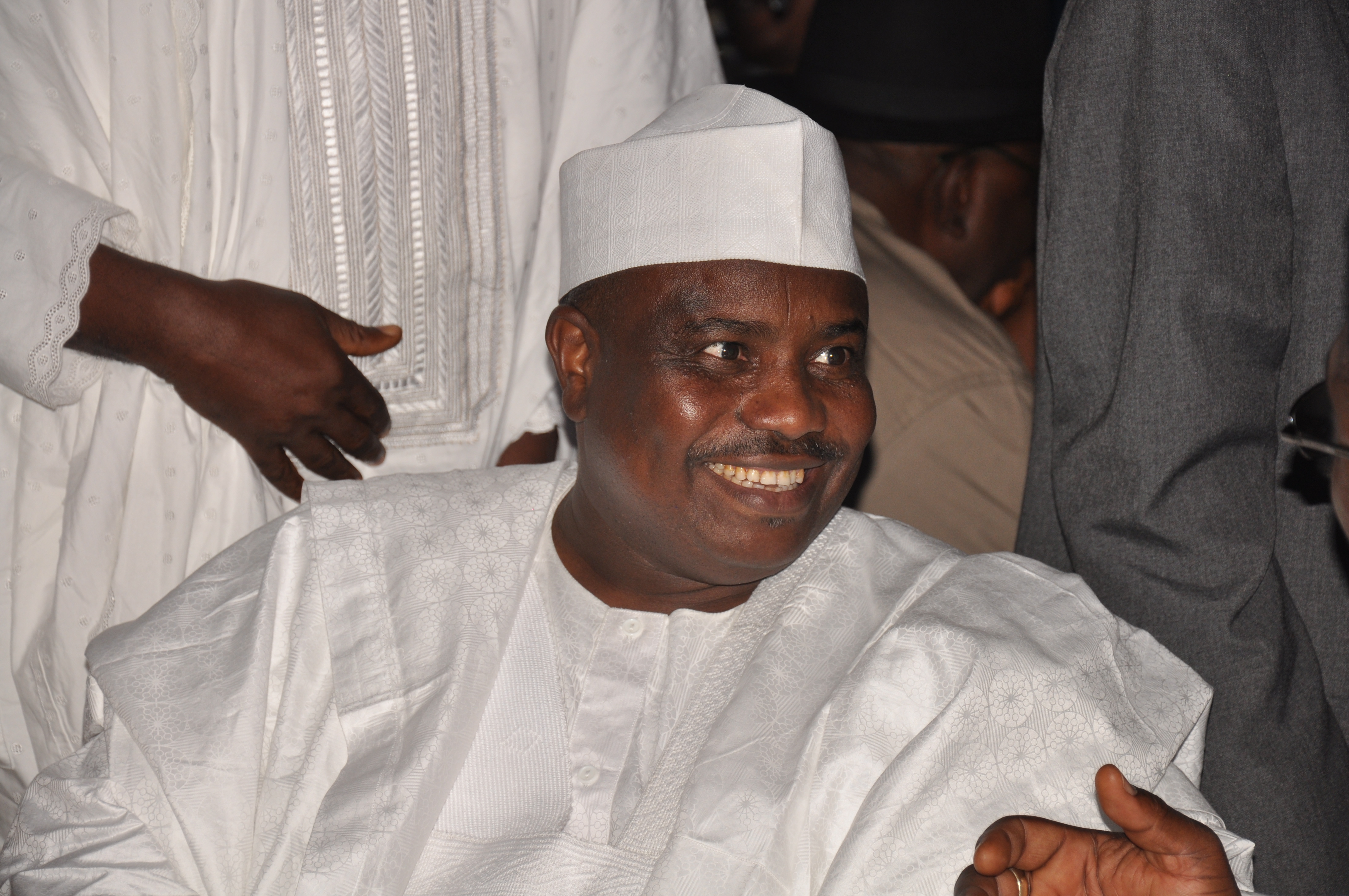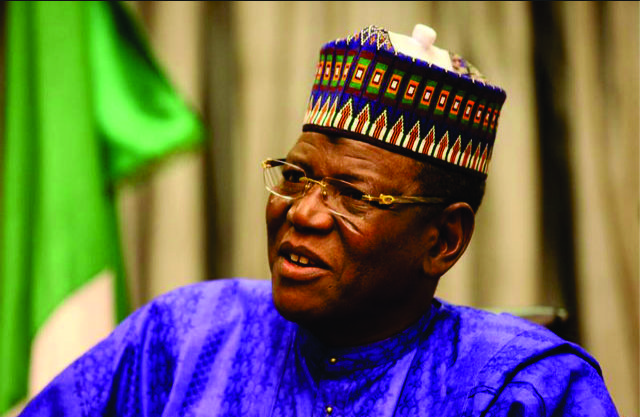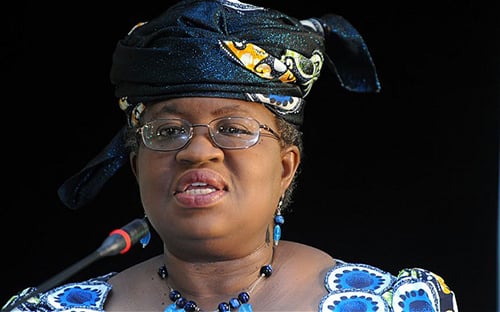Malala Yousafzai, Pakistani child rights activist, on Tuesday said diverting eight days of global military spending could ensure 12 years of free primary and secondary education to every child in the world.
Speaking at an education summit in Oslo, capital of Norway, the youngest recipient of Nobel Peace Prize told delegates from 40 countries to see education as a priority.
“Books are better investment in our future than bullets. The sum of 39 billion dollars each year may appear a huge number, but the reality is that it is not,” she said.
“The issue is not that there is not enough money, the issue is the lack of commitment from the world leaders to invest in education.”
Advertisement
Malala was shot in the head by Taliban militants three years ago because of her lobbying for the right of girls to education.
At the summit, Erna Solberg, Norwegian prime minister, announced that Chile, Indonesia, Malawi and Norway along with the head of the UN agency UNESCO have launched an international commission on improving funding for education.
“Funding has dropped since 2010. Key areas included ensuring the education of girls, the quality of learning and teaching, and education in emergencies,” she said.
Advertisement
UN secretary-general, Ban Ki-Moon, endorsed the commission at the same conference, noting that less than two percent of humanitarian aid goes to education in crisis areas.
The commission’s recommendations are expected to be presented in 2016.
The commission would be led by Gordon Brown, former British prime minister and now UN special envoy on global education.
According to Brown, about 59 million children worldwide are still out of primary school, while another 65 million do not get secondary education and 500 million girls will not finish school.
Advertisement
Universal primary education is one of the so-called UN millennium development goals (MDGs) adopted in 2000.
Later this year, the UN plans to launch new global benchmarks, sustainable development goals, for the coming 15 years.
Add a comment

